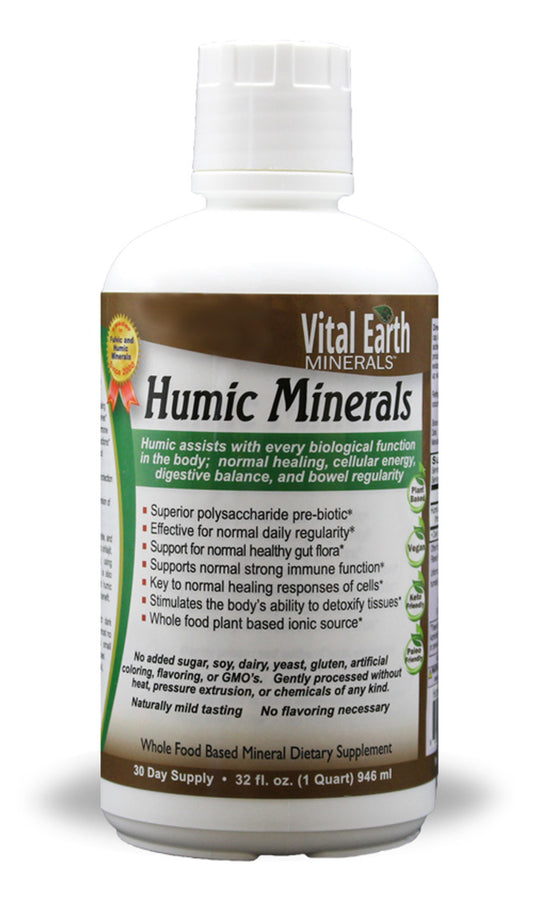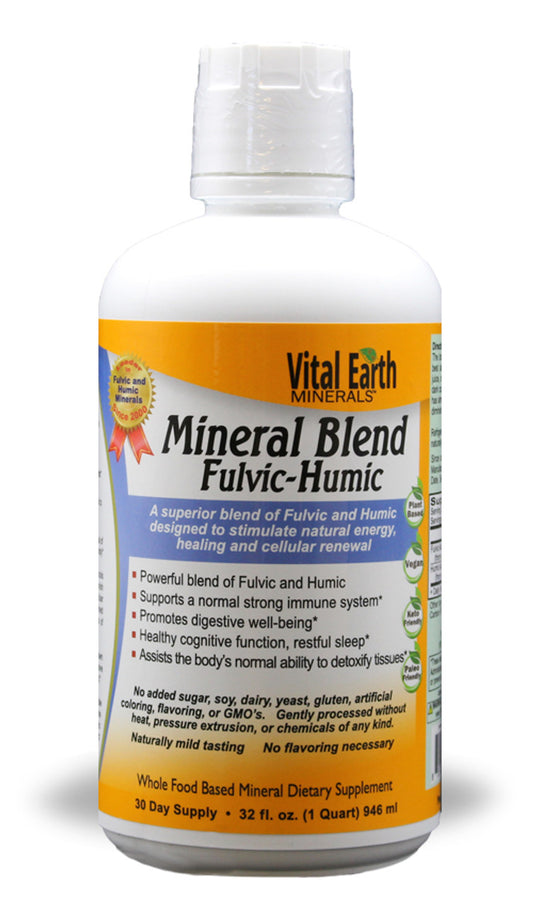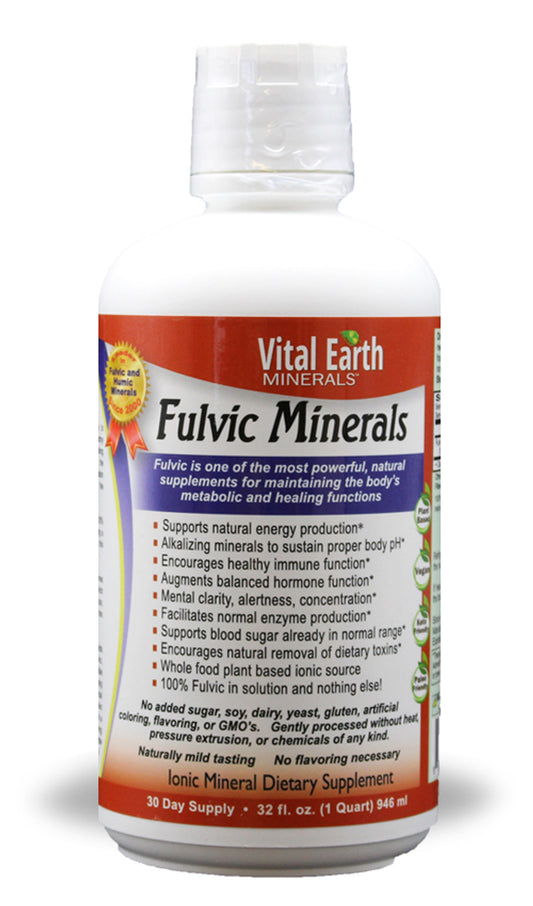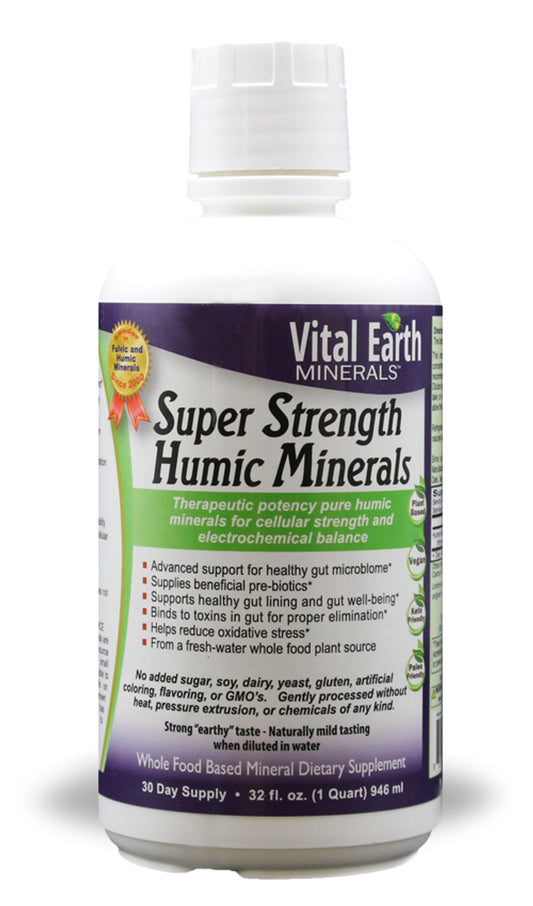Safe Packaging with HDPE
Not All Bottles Are Created Equal — Here’s Why Ours Are the Safest
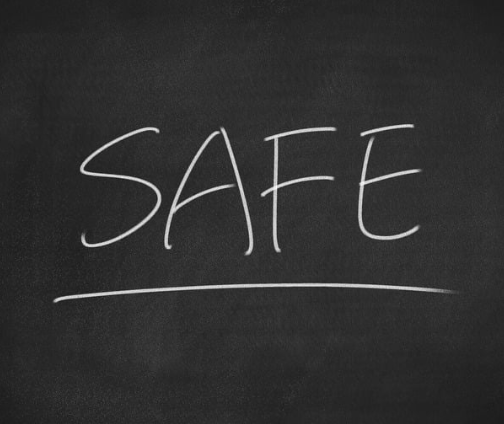
At Vital Earth, we care about what goes into your body — and what your supplements come in. That’s why we use HDPE (High-Density Polyethylene) bottles, one of the safest, most trusted materials available for consumable products.
What Makes HDPE Bottles So Safe?
- BPA-Free: No Bisphenol-A, no polycarbonate, no phthalates, no polyvinyl chloride — ever.
- FDA Certified & OSHA Approved: Our bottles meet the highest safety standards.
- Recommended by The Green Guide: So safe, they’re even used for baby bottles.
- Non-Toxic & Non-Reactive: Independent lab tests show HDPE doesn’t leach anything — even under extreme heat or acidity.
Why It Matters Some competitors claim plastic bottles are unsafe — but they’re confusing toxic plastics(like polycarbonate) with safe plastics like HDPE. The truth is, HDPE is specifically designed to prevent chemical transfer into your supplements. That’s why it’s used in over 90% of health food store products.
If anyone tells you otherwise, ask them to show the science. Spoiler alert: they can’t — because HDPE is proven safe.
No BPA + No Acidity = Total Peace of Mind
Here’s another reason Vital Earth stands out: our minerals are alkaline, not acidic. That’s important because acidic products can draw BPA out of unsafe containers. But with our BPA-free HDPE bottles and alkaline formulas, you’re completely protected.
The Bottom Line
- All Vital Earth products are bottled in HDPE
- All Vital Earth minerals are alkaline
- No BPA, no toxins, no worriesWe’ve done the research, run the tests, and chosen the best — so you can feel confident in every drop.
High Quality, Highly Loved
-
Detox for the digestive tract and blood stream.Regular price $34.49Regular priceUnit price per
-
Cellular and digestive cleanse and restoration of vital nutrients.Regular price $34.49Regular priceUnit price per
-
Able to penetrate the cell and blood/brain barrier to remove toxic sludge as well as deliver essential nutrients.Regular price $34.49Regular priceUnit price per
-
Most potent, therapeutic strength humic for deep detox of the digestive tract and bloodstream.Regular price $38.99Regular priceUnit price per

